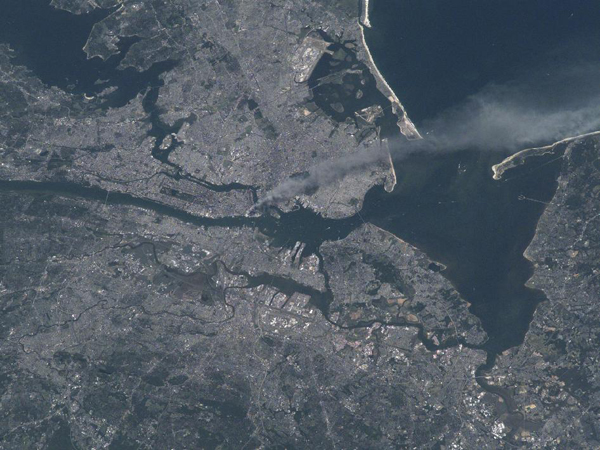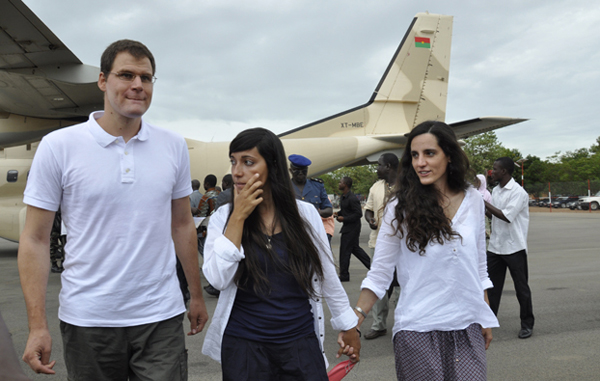La prima vittima dell 9/11
Slate racconta la tragica fine della prima vittima degli attentati dell'11 Settembre e che senza mai saperlo fu anche l'artefice della tenuta di internet in un giorno di traffico straordinario grazie agli algoritmi che aveva contribuito a sviluppare.
Danny Lewin era un passeggero a bordo del volo 11 dell'American Airlines decollato da Boston e diretto a Los Angeles, dirottato per schiantarsi sulla Torre Nord del World Trade Center.
The 9/11 Commission concurred in its final report, issued four years later, offering a more detailed summary: Based on dozens of interviews with those who spoke with two of the plane's flight attendants during the hijacking, the commission determined that al-Suqami most likely killed Lewin by slashing his throat from behind as he attempted, single-handedly, to try to stop the hijacking. The time of his death was reported to be somewhere between 8:15 and 8:20 a.m.
"He was the first victim of the first war of the 21st century," says Marco Greenberg, Lewin's best friend.
But that act of heroism was not the only way Lewin made his presence felt on that terrible, unique, awful day. In a tragic twist of irony, the algorithms he helped develop, and the company he co-founded--Akamai Technologies--helped the Internet survive that day's crush of traffic-- the Web equivalent of a 100-year flood.


